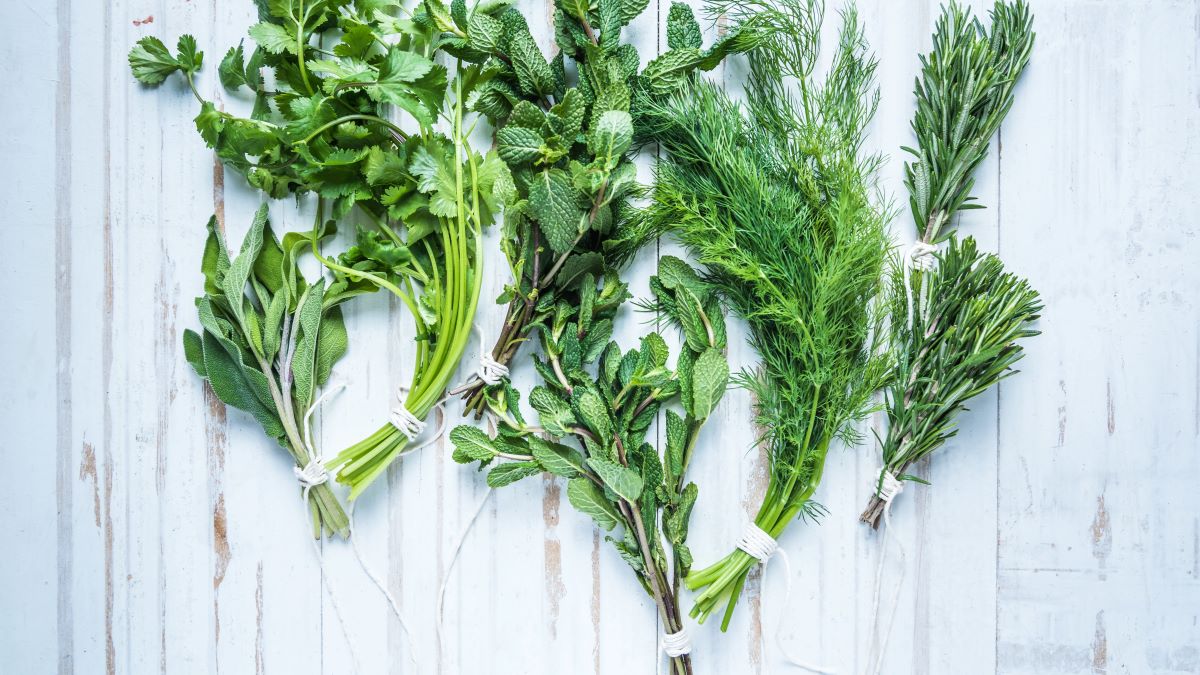

Articles
How To Store Fresh Herbs In Fridge
Modified: August 24, 2024
Learn how to store fresh herbs in the fridge and keep them fresh for longer. Read our articles for tips and tricks on proper herb storage.
(Many of the links in this article redirect to a specific reviewed product. Your purchase of these products through affiliate links helps to generate commission for Storables.com, at no extra cost. Learn more)
Introduction
Welcome to the world of fresh herbs! Whether you have a prolific herb garden or you’ve just picked up a few bundles from the farmers’ market, storing your fresh herbs properly is essential to maintaining their flavor and freshness. One of the best methods for preserving herbs is storing them in the refrigerator.
By keeping your herbs in the fridge, you can extend their shelf life and enjoy their vibrant flavors even longer. In this article, we’ll explore the reasons why storing fresh herbs in the fridge is important and discover the various methods you can use to do so.
So, let’s dive in and explore how to keep your fresh herbs in top condition!
Key Takeaways:
- Properly storing fresh herbs in the fridge preserves their flavor, freshness, and quality. Choose high-quality herbs, handle them gently, and use suitable storage methods to extend their shelf life.
- Freezing fresh herbs is an excellent preservation method, but expect texture changes. Proper handling, labeling, and storage techniques are crucial for maintaining the integrity and flavor of your herbs.
Read more: How To Store Fresh Asparagus In Fridge
Why Store Fresh Herbs in the Fridge?
Storing fresh herbs in the refrigerator offers several benefits. Firstly, the cool temperature helps to slow down the process of wilting and keeps the herbs fresher for a longer period. The fridge provides a stable environment that helps to maintain the herbs’ natural flavors and aromas.
Additionally, refrigeration can also help to prevent the growth of harmful bacteria and molds that can quickly deteriorate your herbs. By storing them in the fridge, you can minimize the risk of spoilage and ensure that your herbs remain safe to consume.
Furthermore, herbs are delicate and can easily wilt or become damaged if left at room temperature for an extended period. The cool environment of the refrigerator helps to preserve their delicate structure, keeping them firm and crisp. This is especially important for more delicate herbs like cilantro, parsley, and basil.
Moreover, refrigeration allows you to extend the shelf life of your herbs, which means that you can enjoy their freshness and flavor for a more extended period. Instead of using a small amount of herbs and discarding the rest, storing them in the fridge allows you to use them over several days or even weeks.
Overall, storing fresh herbs in the fridge is the best way to ensure their longevity and preserve their taste and quality. Now that we understand the importance of refrigeration, let’s move on to the next step: choosing the right fresh herbs.
Choosing the Right Fresh Herbs
When it comes to choosing fresh herbs, there are a few key factors to consider. By selecting high-quality herbs, you can ensure better flavor and longevity when storing them in the fridge.
Firstly, look for herbs that have vibrant colors and firm leaves. Avoid herbs that are wilted, discolored, or have spots, as these are signs of decay and will not keep well. Fresh herbs should have a strong aroma when you gently crush or bruise the leaves.
Consider the freshness of the herbs as well. If possible, choose herbs that have been recently harvested or purchased. The sooner you store them in the refrigerator after purchasing, the better their quality will be.
It’s also essential to consider the variety of herbs you are storing. Not all herbs have the same shelf life or react well to refrigeration. Some herbs, like basil and cilantro, have delicate leaves and are more prone to wilting. Others, like thyme and rosemary, have hardier leaves and can tolerate slightly longer storage periods.
Finally, consider your intended use for the herbs. If you plan to use them in raw preparations like salads or garnishes, it’s crucial to choose herbs that are in their prime. On the other hand, if you intend to use the herbs in cooked dishes, you can be more flexible in choosing slightly wilted or less vibrant-looking herbs since cooking will help revive their flavors.
By paying attention to these factors and selecting high-quality, fresh herbs, you can ensure the best results when storing them in the refrigerator. With the right herbs in hand, let’s move on to the next step: preparing the herbs for refrigeration.
Preparing Herbs for Refrigeration
Properly preparing your herbs before refrigeration is crucial to maintaining their freshness and flavor. Follow these steps to ensure your herbs stay in optimal condition:
1. Start by inspecting your herbs and removing any damaged or discolored leaves. These can contribute to the spoilage of the entire bunch, so it’s important to get rid of them.
2. Next, gently wash the herbs under cool running water to remove any dirt or debris. Be gentle to avoid bruising the leaves. Pat them dry with a paper towel or use a salad spinner to remove excess moisture.
3. Depending on the method you plan to use for storing, you may choose to trim the stems of the herbs. For some herbs like cilantro and parsley, removing the lower portion of the stem can help them stay fresh for longer.
4. Once your herbs are clean and trimmed, it’s time to choose a suitable storage method. There are a few options to consider, including storing the herbs in water, a damp cloth, or airtight containers like ziplock bags.
By taking the time to properly prepare your herbs, you can ensure that they are clean, fresh, and ready for refrigeration. Let’s now explore the different storage methods for keeping your herbs in the fridge.
Storing Herbs in Water
Storing fresh herbs in water is a popular and effective method that can help extend their lifespan in the refrigerator. Here’s how to do it:
1. Start by trimming the ends of the herb stems, ensuring they are cut at a slight angle. This will help the herbs absorb water more effectively.
2. Fill a glass or jar with about an inch of fresh water. You can also use a water-filled container with a lid or cover to prevent evaporation.
3. Place the herb bunch in the glass or jar, ensuring the stems are submerged in water while the leaves remain above the surface. If you have multiple herb varieties, it’s best to store them in separate containers to avoid cross-contamination of flavors.
4. Loosely cover the top of the glass or jar with a plastic bag or a perforated plastic wrap. This will help create a humid environment while allowing some airflow.
5. Store the glass or jar in the refrigerator, preferably in the door or a designated space where it won’t get knocked over.
Storing herbs in water can help keep them hydrated and fresh for an extended period. However, it’s important to refresh the water every few days to prevent bacterial growth. Additionally, some herbs may last longer in this method than others, so it’s important to monitor their condition regularly.
Now that you know how to store herbs in water, let’s explore another storage method: using a damp cloth.
Read more: How To Store Fresh Caught Fish In Fridge
Storing Herbs in a Damp Cloth
Another effective method for storing fresh herbs in the fridge is using a damp cloth or paper towel. This method helps to maintain the herbs’ moisture while providing a controlled environment. Here’s how to store herbs in a damp cloth:
1. Start by dampening a clean cloth or paper towel with water. Make sure it is damp but not dripping wet. Alternatively, you can use a resealable plastic bag with a damp paper towel.
2. Gently shake off any excess water from the herbs and then wrap them loosely in the damp cloth or paper towel. The dampness will help to keep the herbs hydrated without causing moisture buildup.
3. Place the wrapped herbs in a resealable plastic bag, leaving the bag slightly open to allow for some airflow. Alternatively, you can store them in an airtight container lined with the damp cloth.
4. Label the bag or container with the herb type and the date of storage. This will help you keep track of the freshness and use them in a timely manner.
5. Store the bag or container in the refrigerator, ideally in the crisper drawer or a designated space where it won’t get crushed or disturbed.
This method helps to maintain the herbs’ moisture while preventing direct contact with water, which can cause them to become soggy and prone to spoilage. It’s important to check the damp cloth periodically and refresh it as needed to ensure the herbs remain fresh.
Now that you know how to store herbs in a damp cloth, let’s move on to an alternative method: using a ziplock bag.
To store fresh herbs in the fridge, trim the stems, place in a jar with water, cover with a plastic bag, and secure with a rubber band. Change the water every few days.
Storing Herbs in a Ziplock Bag
Using a ziplock bag is another convenient method for storing fresh herbs in the refrigerator. This method helps to create a controlled environment that preserves the herbs’ freshness and flavor. Here’s how to store herbs in a ziplock bag:
1. Start by ensuring your herbs are clean and dry. Gently pat them dry with a paper towel to remove any excess moisture.
2. Take a ziplock bag and place the herbs inside, making sure they are in a single layer. It’s best to avoid overcrowding the herbs to allow for proper airflow.
3. Before sealing the bag, try to remove as much air as possible. You can do this by pressing the bag gently and starting to close the zip, leaving a small opening. Squeeze out the excess air and then finish sealing the bag.
4. Write the type of herb and the date of storage on the bag using a permanent marker. This will help you keep track of their freshness and usage.
5. Store the ziplock bag in the refrigerator, preferably in the crisper drawer or a designated space where it won’t get crushed or damaged.
Storing herbs in a ziplock bag helps to retain their moisture and prevent wilting. It also helps to contain the aroma, preventing cross-contamination with other ingredients in your fridge. Just make sure to handle the herbs gently when retrieving them from the bag to avoid bruising.
Now, let’s explore a different method for preserving fresh herbs: freezing.
Freezing Fresh Herbs
Freezing is an excellent method for preserving fresh herbs for an extended period. While freezing might alter the texture of herbs, it helps to retain their flavors for future use. Here’s how to freeze fresh herbs:
1. Start by cleaning the herbs thoroughly and remove any damaged or discolored leaves. Pat them dry with a paper towel to remove excess moisture.
2. Depending on the herb type, you have a few options for freezing. For sturdy herbs like rosemary or thyme, you can freeze the whole sprigs. For delicate herbs like basil or cilantro, it’s best to chop or mince them before freezing.
3. For whole sprigs, place them in a single layer on a baking sheet lined with parchment paper. Place the baking sheet in the freezer for a few hours until the herbs are frozen solid.
4. Once frozen, transfer the herbs to a freezer-safe container or ziplock bag. Label the container with the herb type and date of freezing.
5. For chopped or minced herbs, you can either place them directly in a freezer bag or freeze them in ice cube trays with a little water or oil. This allows for easy portioning when using the herbs later.
6. Seal the freezer bag or cover the ice cube trays with plastic wrap before placing them in the freezer.
Freezing fresh herbs preserves their flavors for an extended period, but it’s essential to note that their texture may become softer when thawed. Frozen herbs work best in cooked dishes rather than raw preparations where texture is crucial.
To use frozen herbs, simply remove the desired amount from the freezer and add them directly to your recipe. There’s no need to thaw them beforehand.
Now that you know how to freeze fresh herbs, let’s move on to the importance of proper handling and labeling.
Proper Handling and Labeling
When it comes to storing fresh herbs in the fridge, proper handling and labeling are essential to ensure their quality and prevent any confusion. Here are some tips for handling and labeling your herbs:
1. Handle with care: Herbs are delicate and can bruise easily. Handle them gently when washing, trimming, and transferring them to storage containers. Avoid squeezing or crushing the leaves, as this can cause them to wilt or lose their flavor.
2. Label your containers: Whether you’re using ziplock bags, jars, or containers, it’s crucial to label them properly. Write the name of the herb and the date of storage on the container using a permanent marker. This will help you identify the herbs and keep track of their freshness.
3. Keep containers clean: Before transferring fresh herbs to a storage container, ensure that it is clean and dry. Any residual moisture or contaminants can affect the herbs’ quality and shelf life.
4. Avoid overcrowding: When storing herbs in a container, make sure to leave enough space for proper airflow. Overcrowding can lead to moisture buildup and spoilage. If needed, use multiple containers or bags to store larger amounts of herbs.
5. Store similar herbs together: To prevent cross-contamination of flavors, it’s best to store herbs of the same type together. This will help maintain the distinct flavors of each herb and prevent them from overpowering each other.
6. Use transparent containers or bags: Choosing transparent containers or bags allows you to see the herbs easily. This makes it simpler to identify the herb you need without having to open multiple containers or bags.
By following these handling and labeling tips, you can ensure that your herbs stay organized, fresh, and easy to use. Now, let’s explore some additional tips for extending the shelf life of your fresh herbs.
Read more: How To Store Herbs
Tips for Extending Shelf Life
To maximize the shelf life of your fresh herbs and keep them as fresh as possible, consider the following tips:
1. Store unwashed: Avoid washing your herbs until you’re ready to use them. Moisture can accelerate spoilage, so it’s best to keep them dry for as long as possible.
2. Place a paper towel in bags: Adding a dry paper towel to the storage bags or containers can help absorb excess moisture and maintain a dry environment, keeping the herbs fresher for longer.
3. Use within a few days: While refrigeration helps extend the shelf life of herbs, they are still perishable. It’s best to use your fresh herbs within a few days of refrigeration to enjoy their optimal flavor and quality.
4. Revive wilted herbs: If your herbs start to wilt, you can revive them by soaking them in a bowl of cold water for a few minutes. Afterward, gently pat them dry with a paper towel before storing them back in the fridge.
5. Utilize air-tight containers: Using air-tight containers or ziplock bags can help minimize exposure to air, which can cause oxidation and deterioration of the herbs.
6. Store away from ethylene-producing fruits and vegetables: Some fruits and vegetables, such as apples, bananas, and tomatoes, release a natural gas called ethylene, which accelerates the ripening process. Keep your herbs stored separately from these ethylene-producing items to prevent premature wilting.
7. Trim the stems: If you notice the herb stems becoming slimy while in the fridge, trim the ends before using them. This can help revive the herbs and prevent bacteria growth.
By following these tips, you can extend the shelf life of your fresh herbs and maximize their flavor and fragrance. Enjoy the vibrant taste of your herbs for longer!
Conclusion
Storing fresh herbs in the refrigerator is a fantastic way to maintain their flavor, freshness, and quality for an extended period. By understanding the importance of refrigeration and choosing the right herbs, you can ensure that your herbs stay vibrant and aromatic.
Preparing your herbs for refrigeration is crucial to their longevity. Whether you store them in water, a damp cloth, or a ziplock bag, proper handling and labeling are key to maintaining their integrity. Freezing herbs is also an option for preserving them for future use, although texture changes should be expected.
Remember to handle your herbs gently, remove any damaged leaves, and label your containers properly to keep track of their freshness. Consider utilizing transparent containers or bags to easily identify the herbs, and avoid overcrowding them to ensure adequate airflow.
To extend the shelf life of your fresh herbs, keep them unwashed until you’re ready to use them and add a dry paper towel to absorb excess moisture. Use your herbs within a few days and consider reviving wilted herbs before use.
Following these guidelines will help you enjoy the benefits of fresh herbs for a longer period. So, stock up on your favorite herbs, store them properly in the fridge, and elevate your culinary creations with their vibrant flavors and aromas!
Frequently Asked Questions about How To Store Fresh Herbs In Fridge
Was this page helpful?
At Storables.com, we guarantee accurate and reliable information. Our content, validated by Expert Board Contributors, is crafted following stringent Editorial Policies. We're committed to providing you with well-researched, expert-backed insights for all your informational needs.
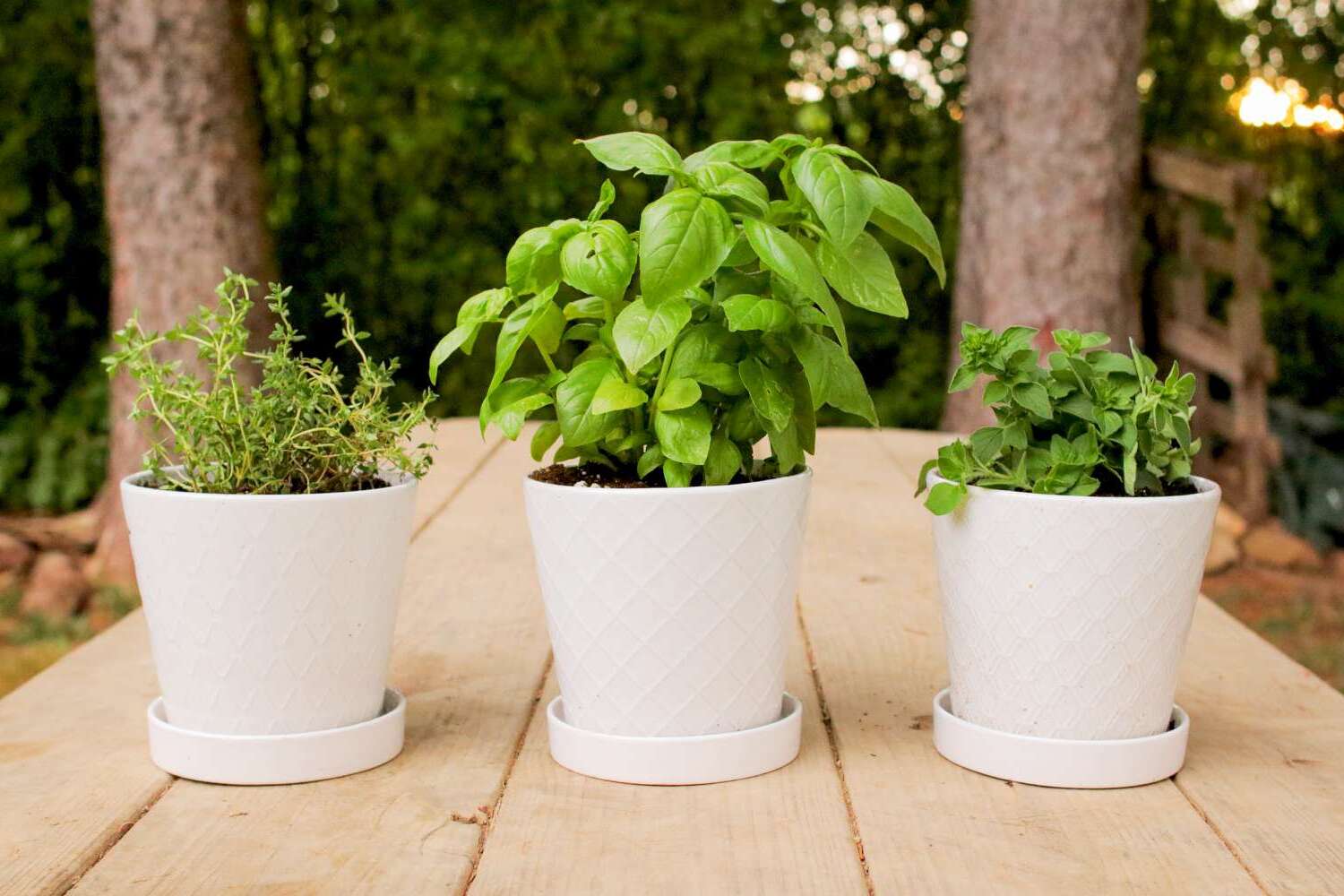
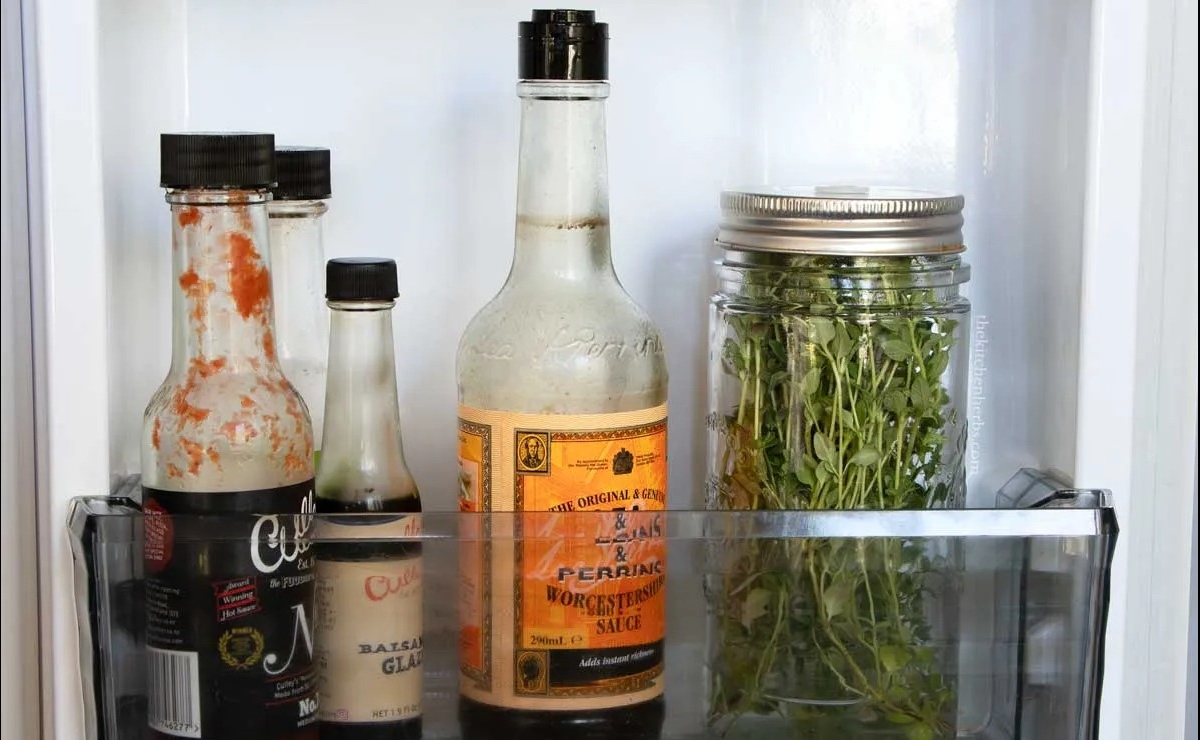
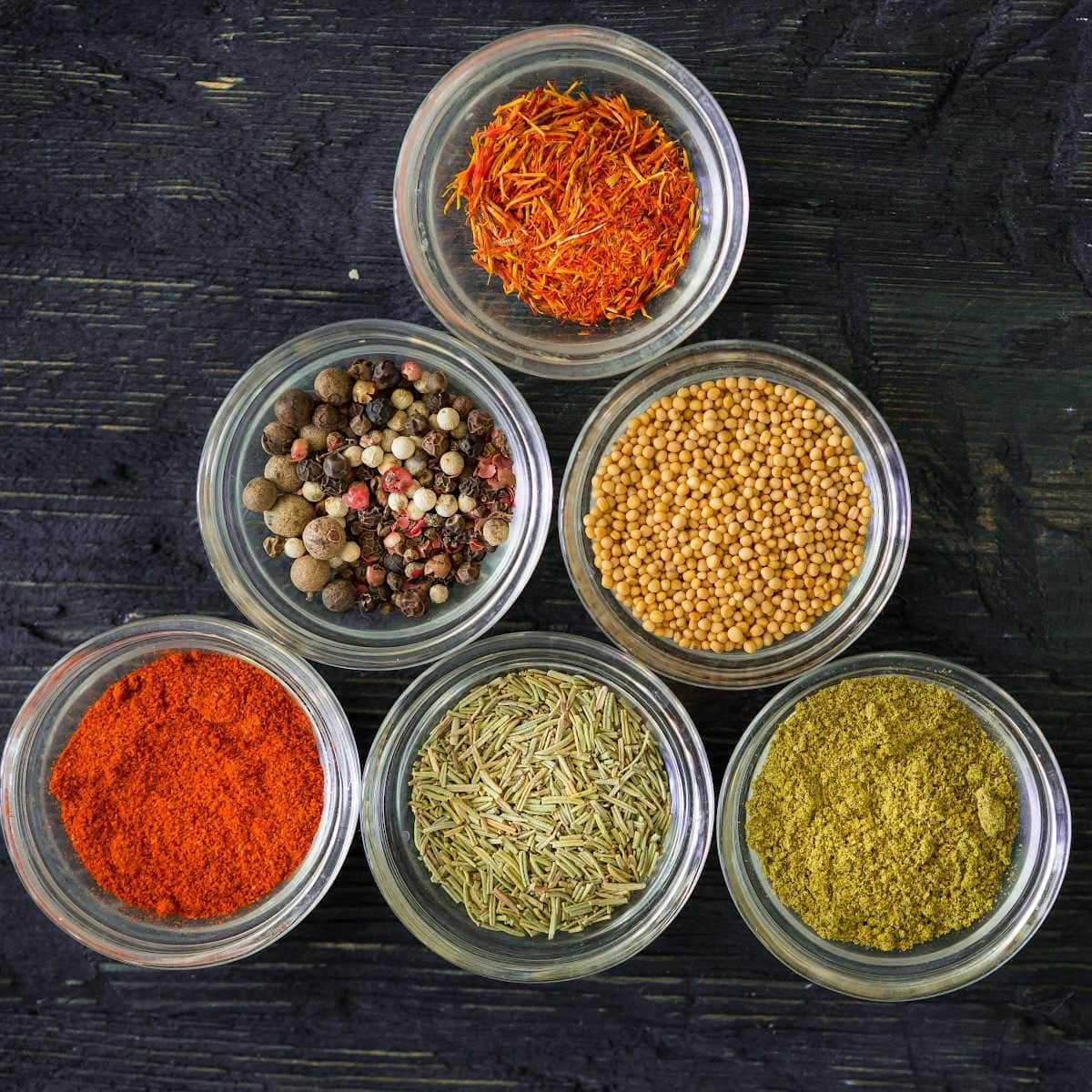
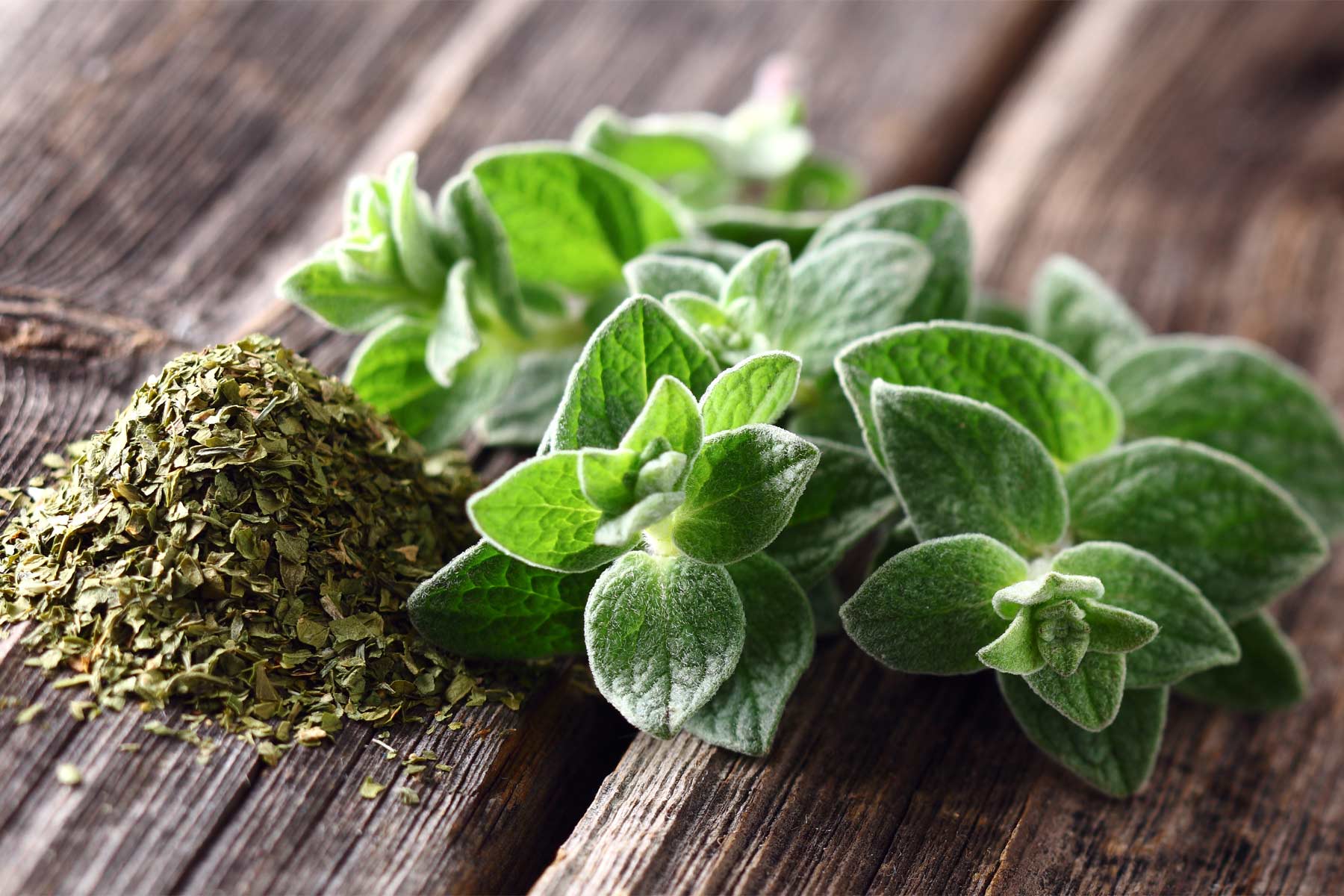
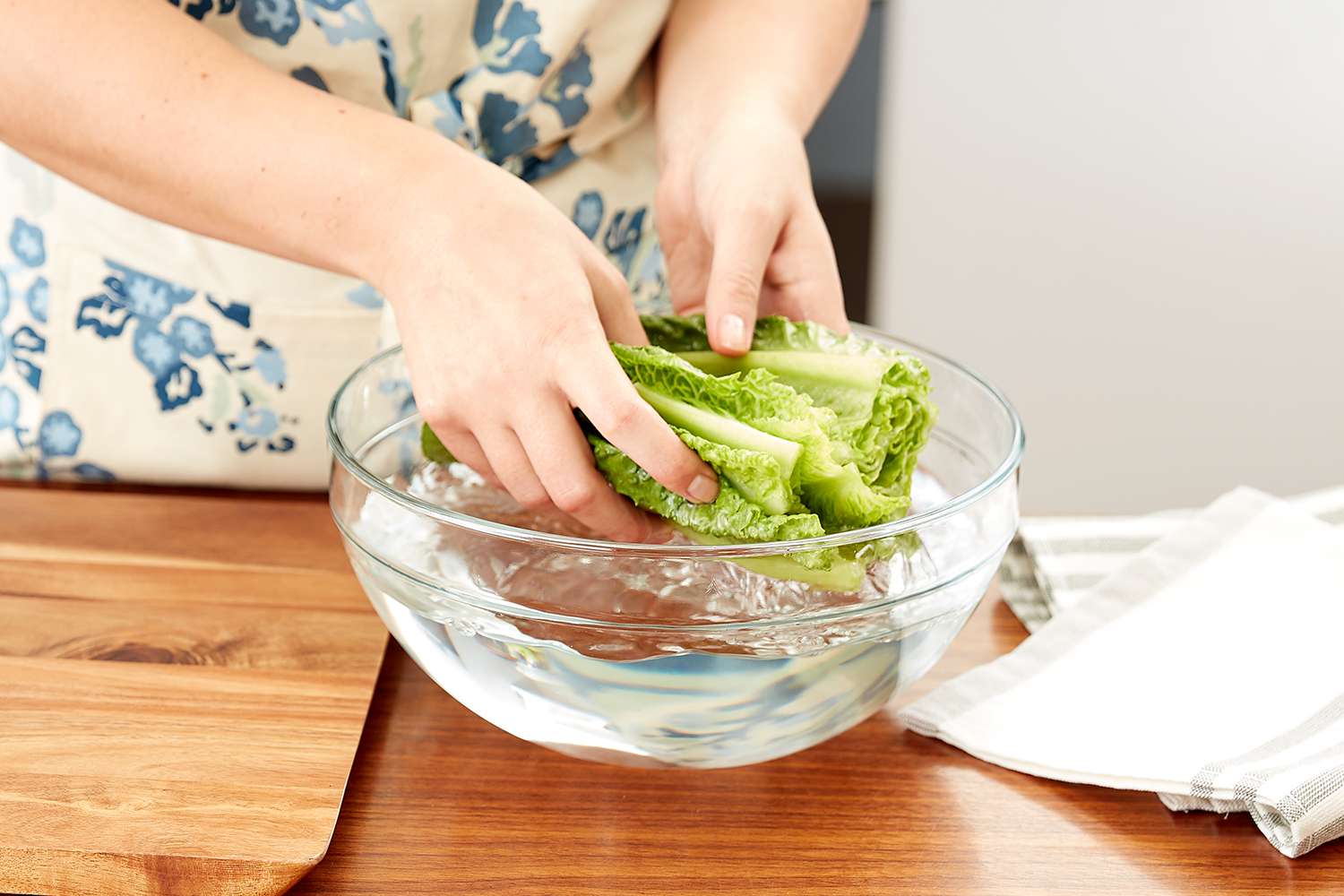
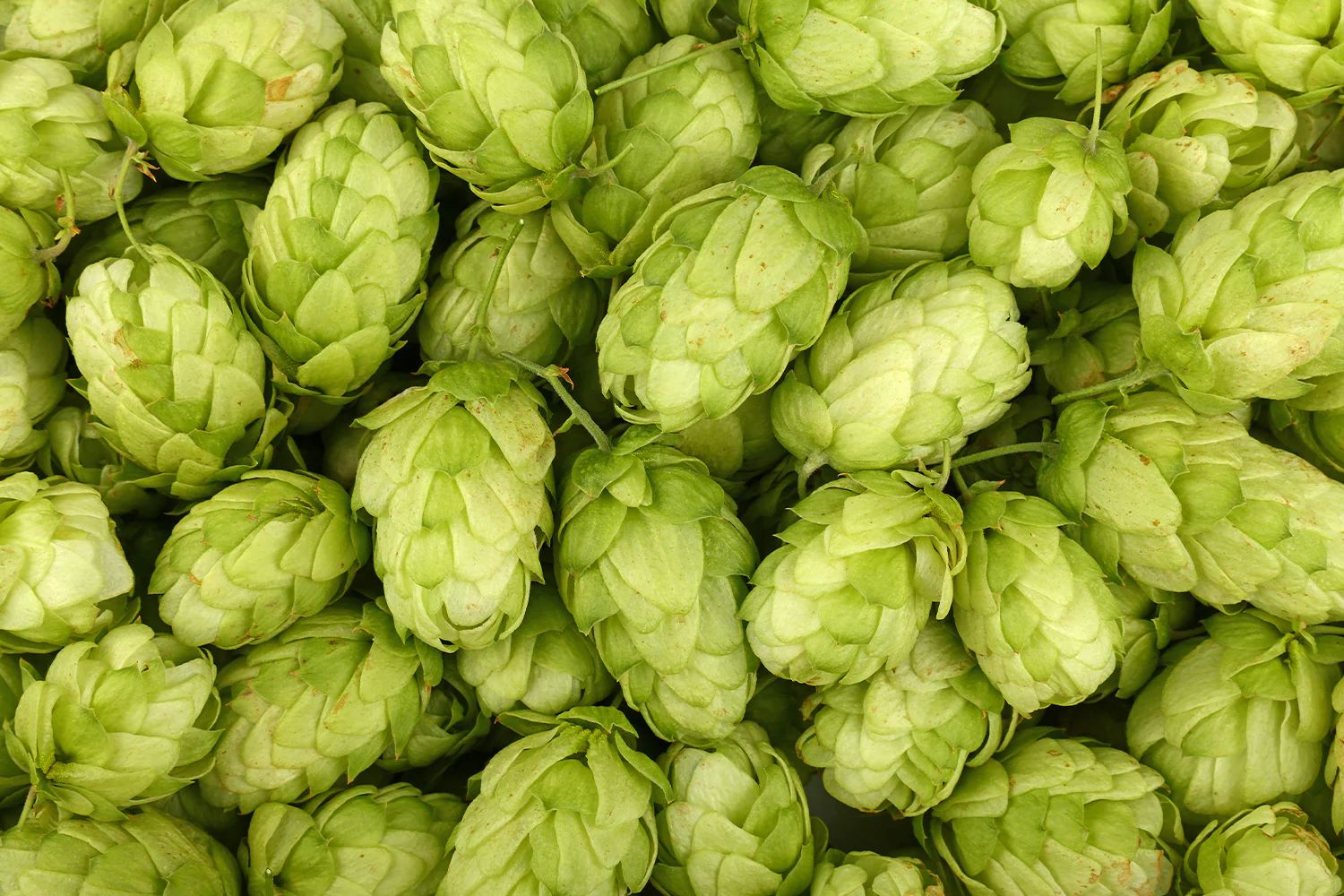
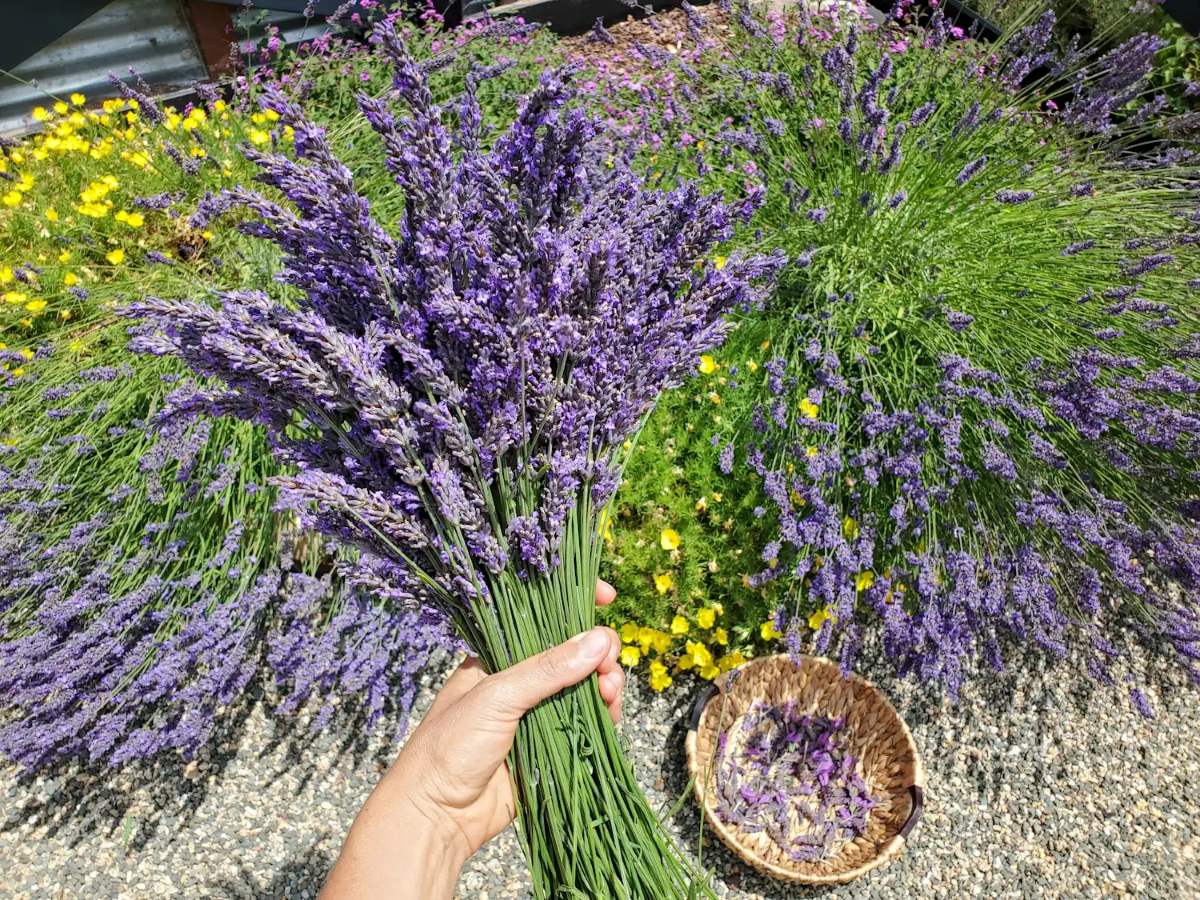
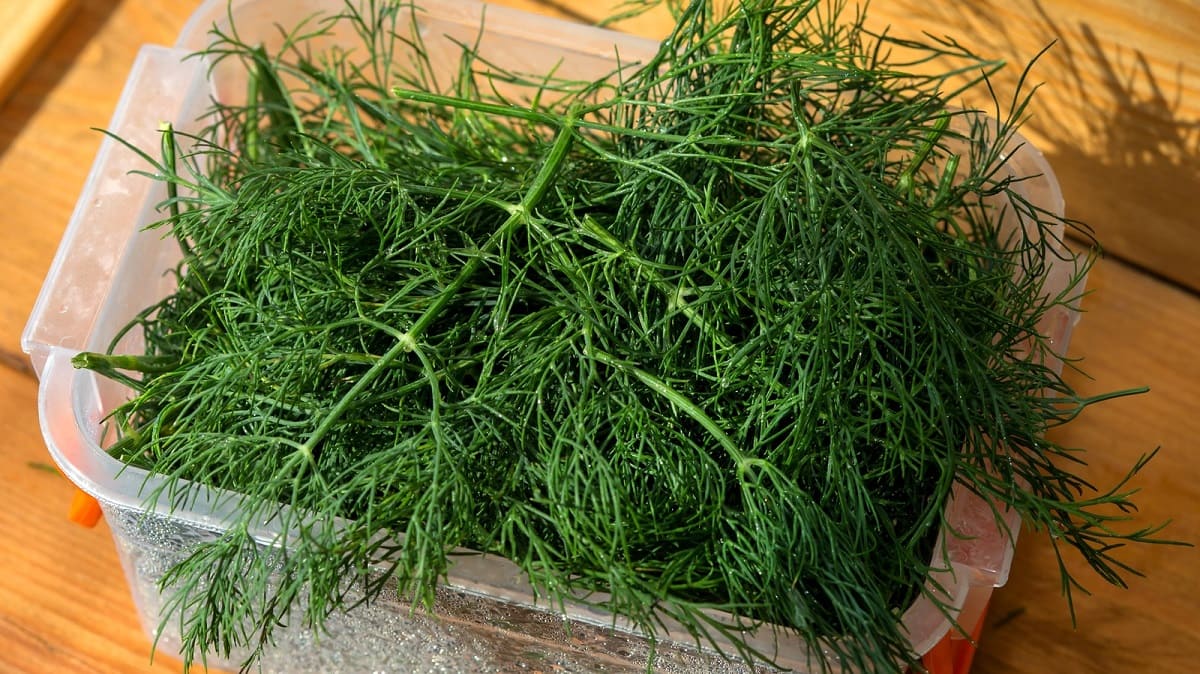
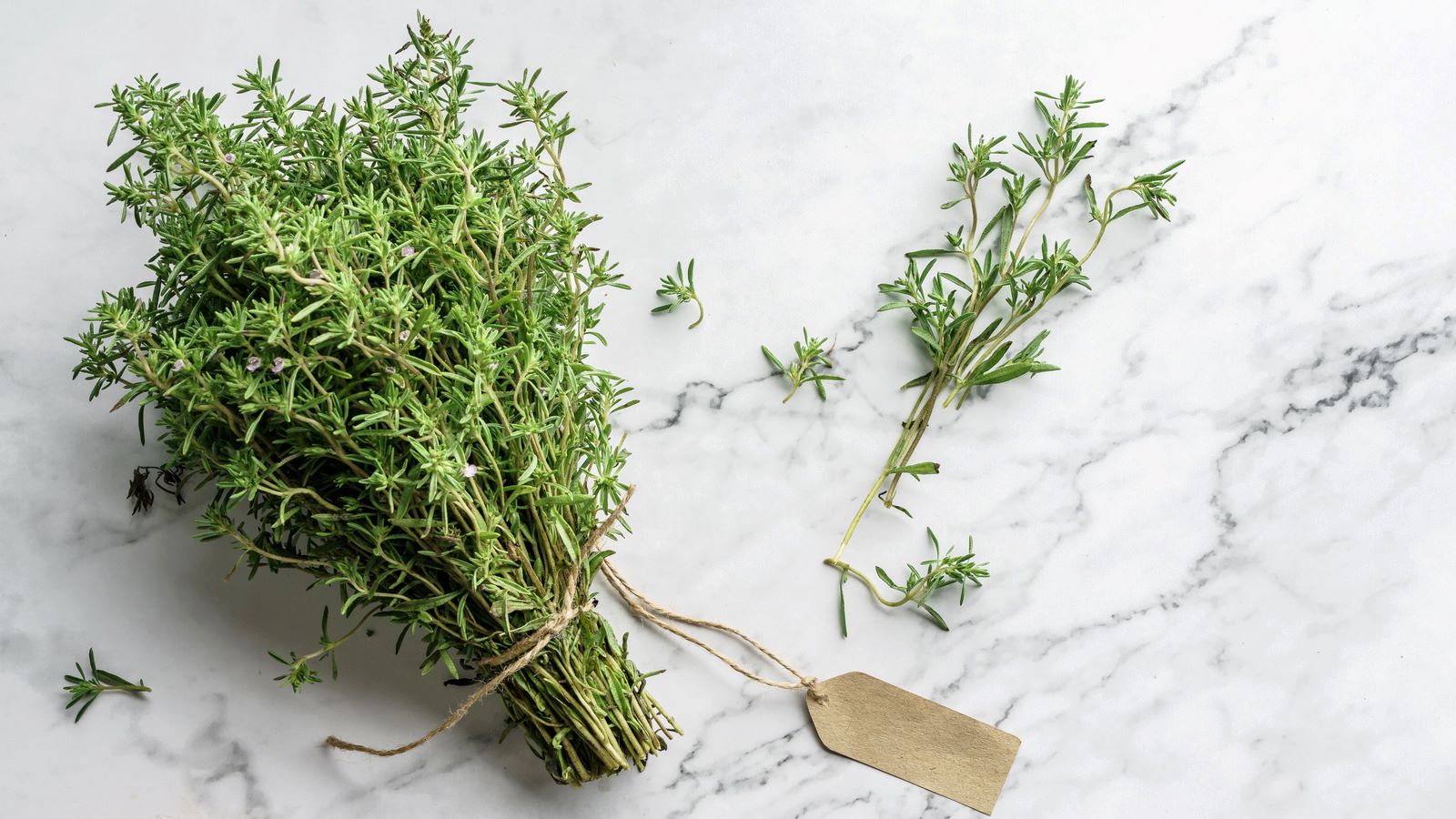
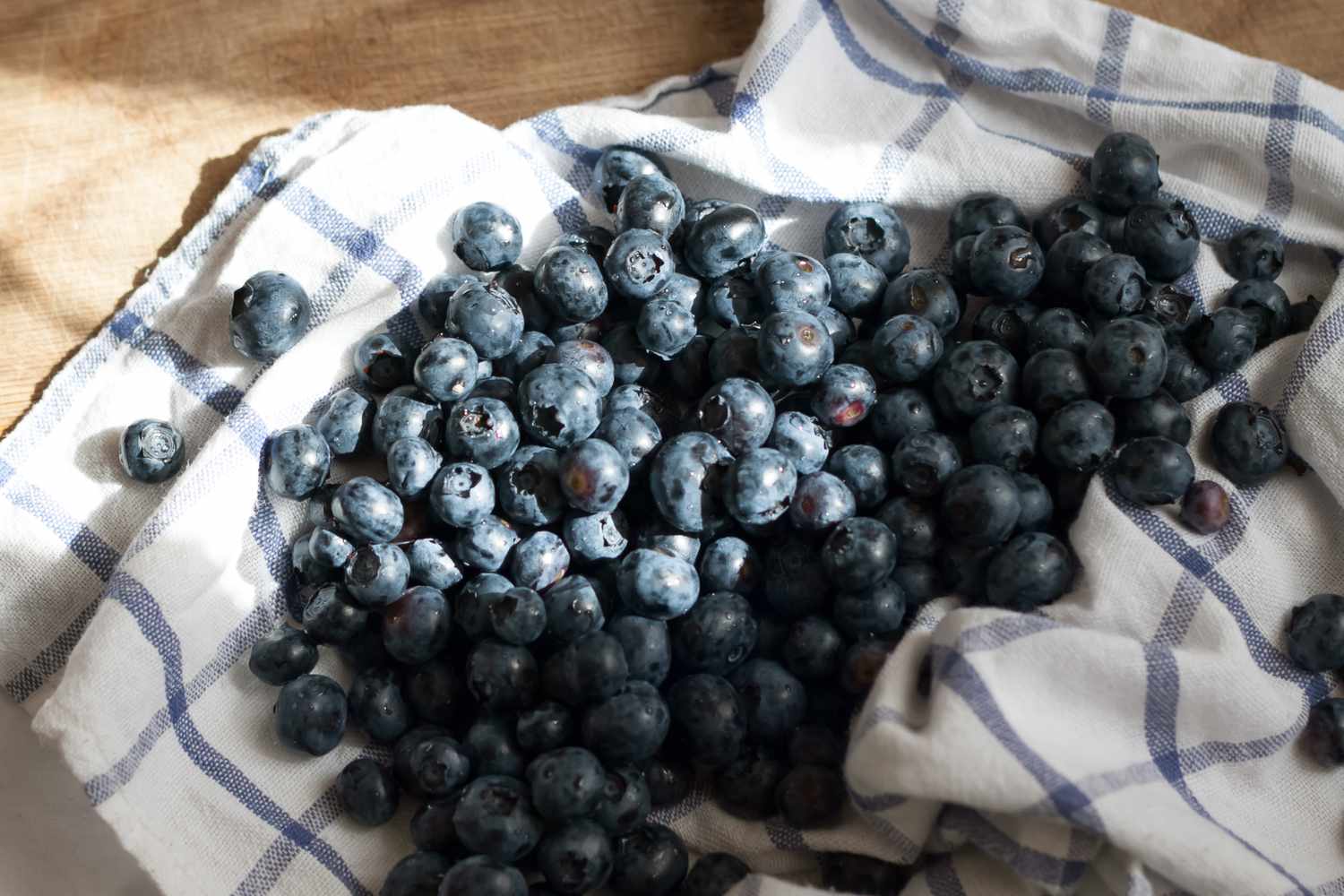
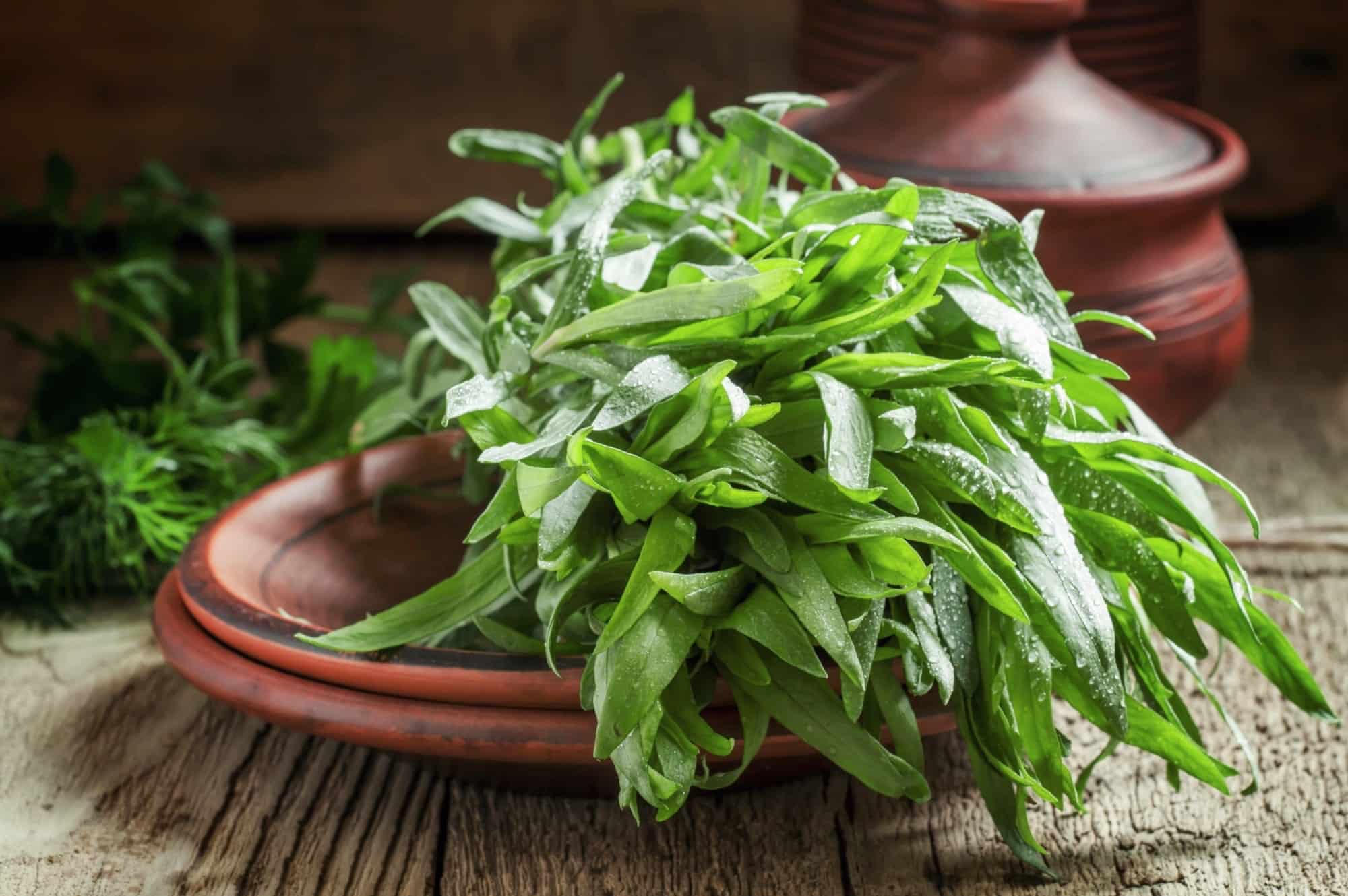
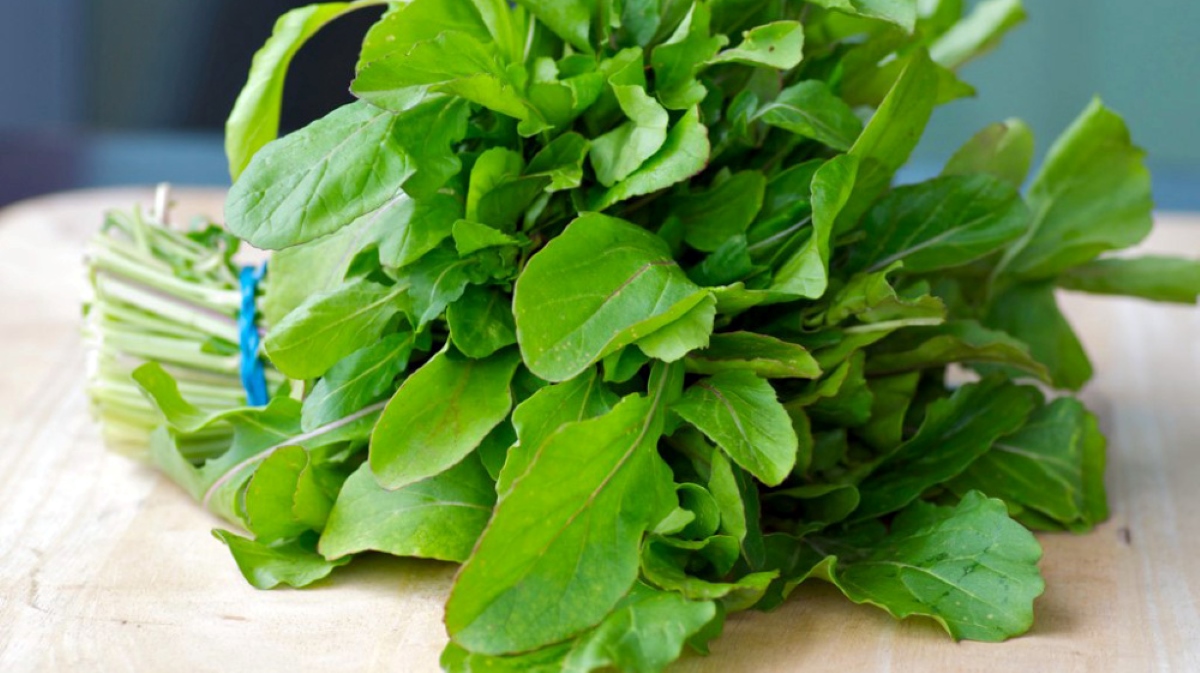
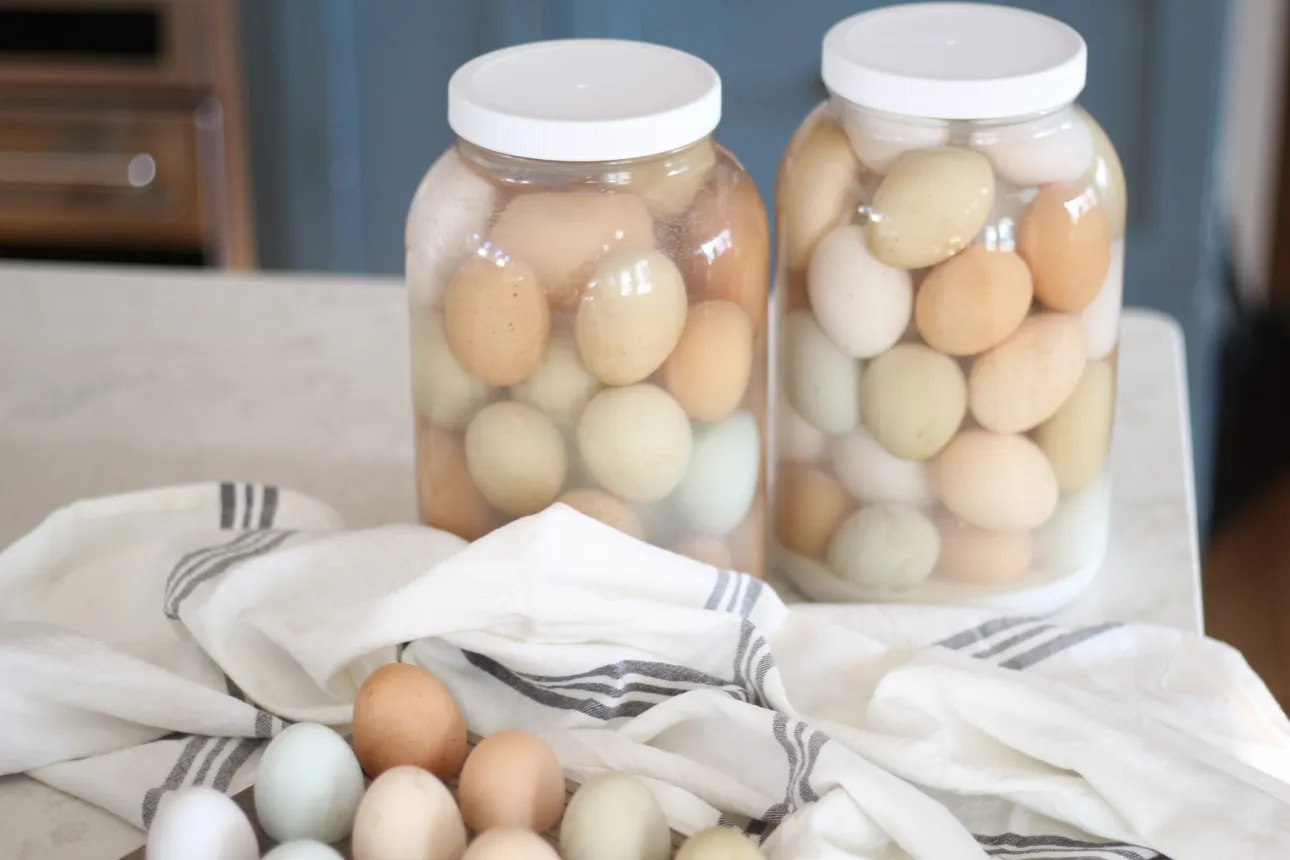

0 thoughts on “How To Store Fresh Herbs In Fridge”